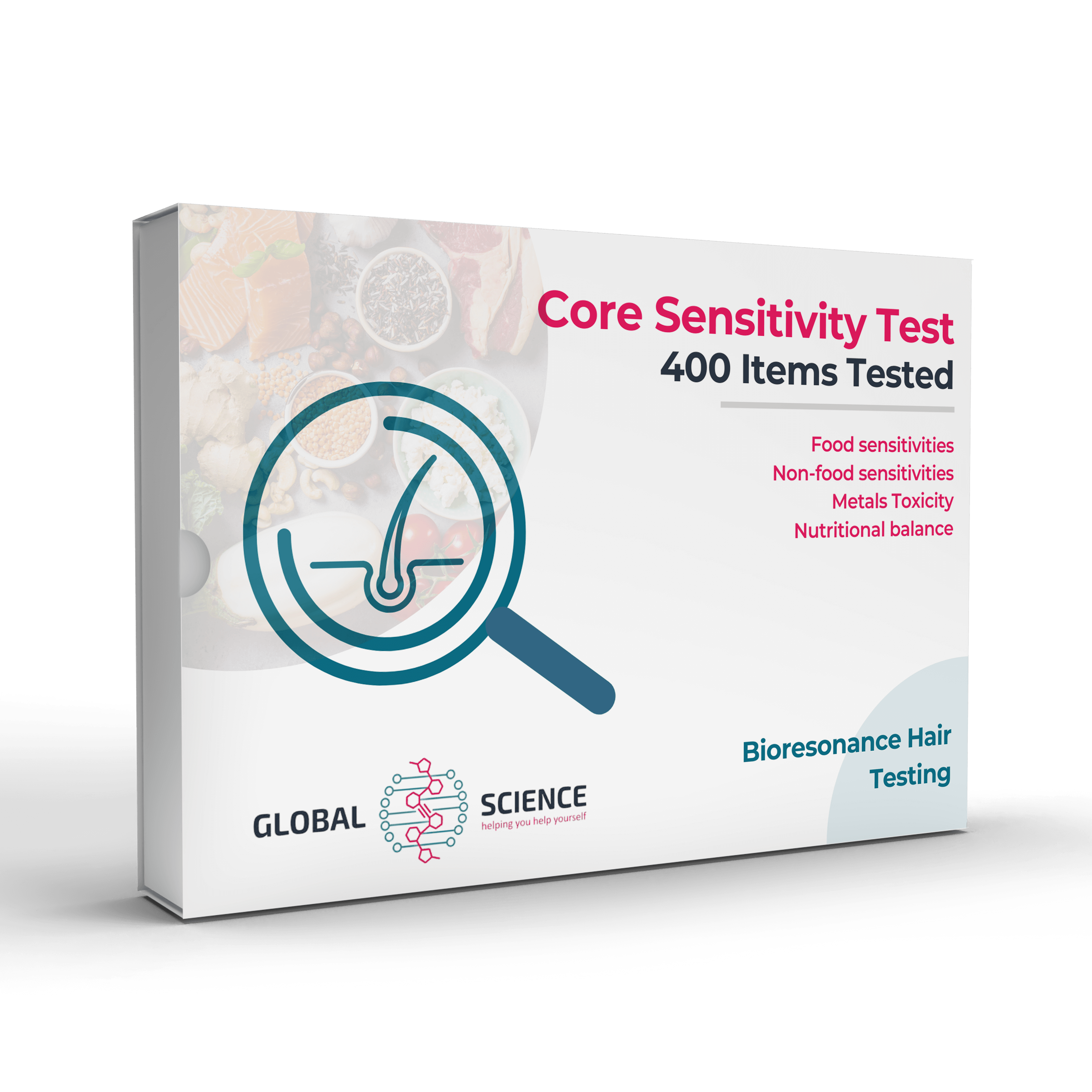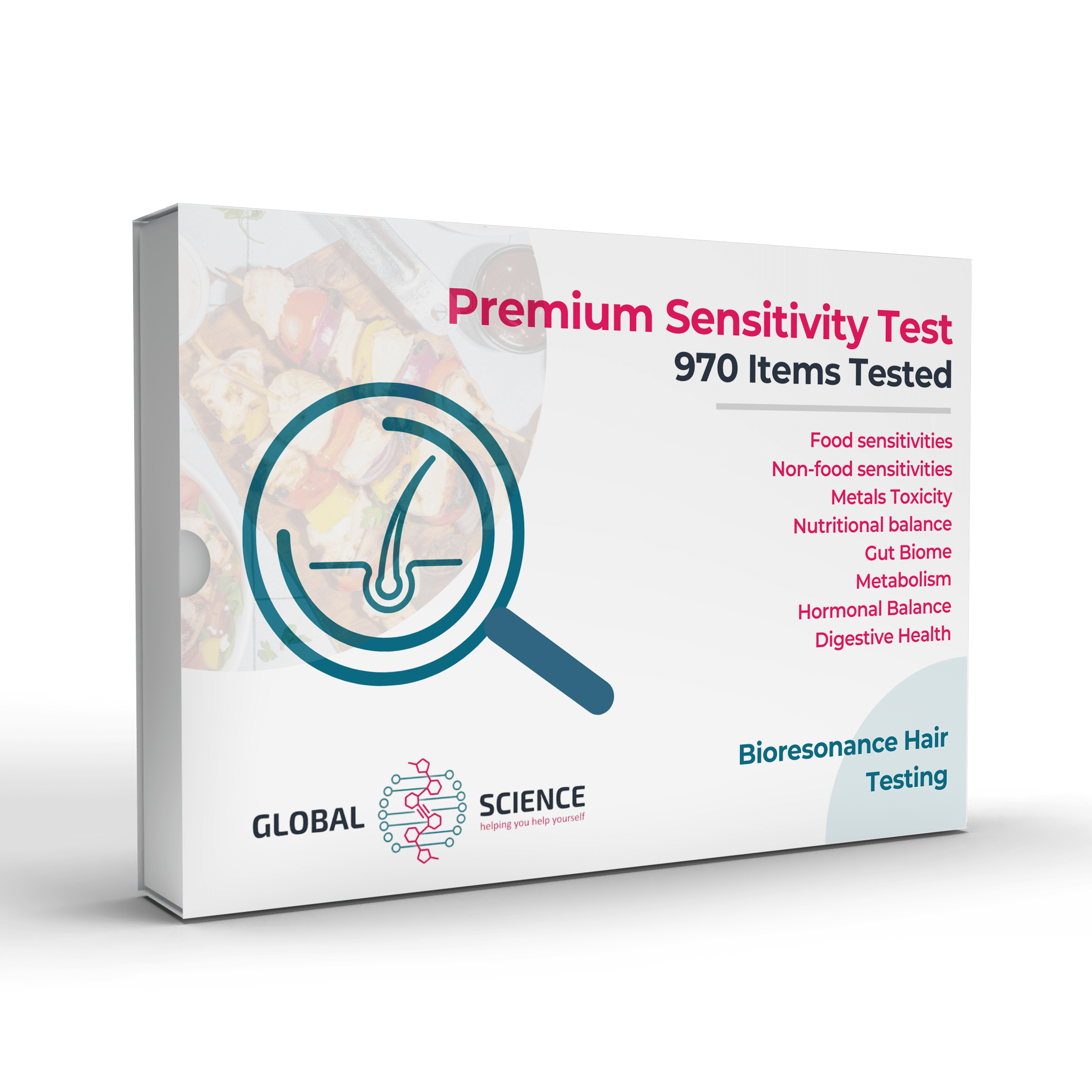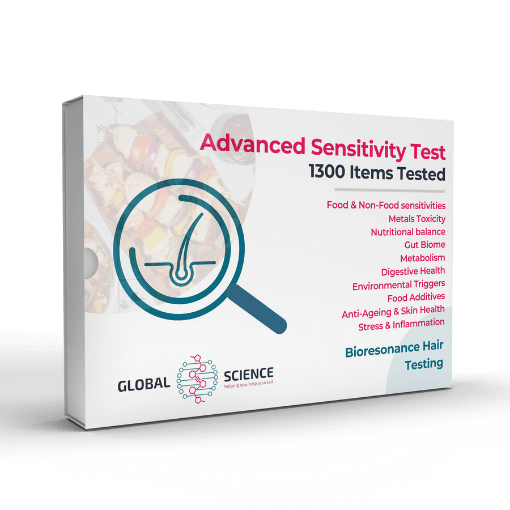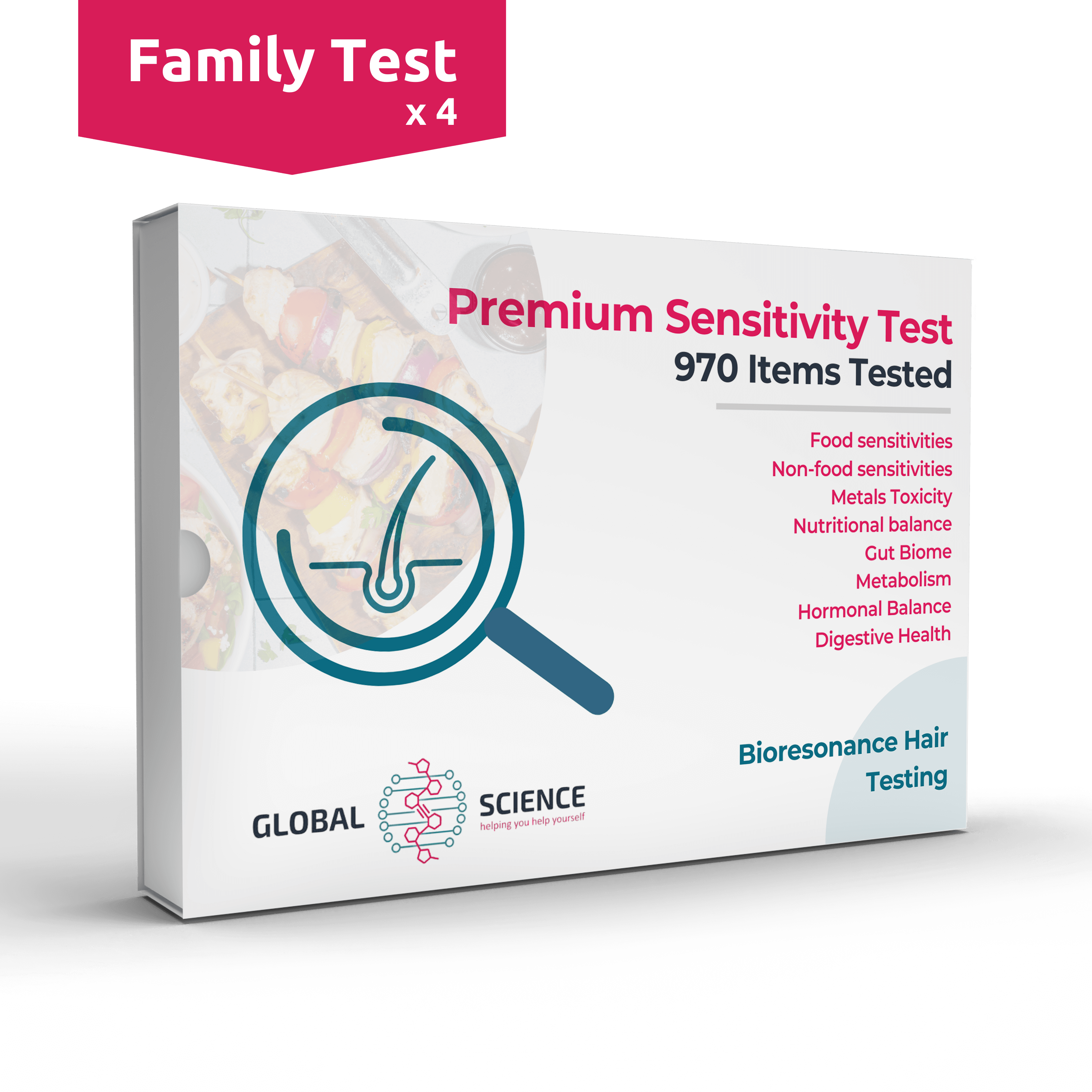Peanut Allergy
Known as groundnuts or goober in the USA and monkey nut in the UK, peanuts are a legume grown mainly for their edible seeds. Peanuts are often prepared in the same ways as walnuts or almonds and are also similar in taste and nutrition.
Peanuts come from the same family as lentils, soya beans, garden peas, and chickpeas. Most people can consume other types of legumes without presenting symptoms, making peanuts the outlier in this respect.
Although the population of peanut allergy sufferers is small it can be one of the most acute and severe reactions of allergies. Eating just a small amount of peanut or even coming into contact with contaminated items can cause a reaction in those allergic.
It can be difficult to avoid peanuts due to their wide use in processed foods. It is essential to read all product ingredients and allergy warnings on the packaging to avoid this trigger item. Awareness of this allergy has increased in recent years, making it easier for people with this allergy to adjust accordingly.
The hygiene hypothesis of allergy states that a lack of early childhood exposure to germs and parasites may be the cause of an increase in food allergies.
Studies comparing the age introduction of peanuts into the diet in Great Britain with an introduction in Israel showing that delaying exposure to peanuts in children can increase the risk of developing peanut allergies later in life.
Refined peanut oil doesn’t usually create an allergic reaction in most sufferers of peanut allergies. However, they have been shown to contain the very protein that causes allergic reactions, so avoidance may still be advisable.
Symptoms of peanut allergy include:
Abdominal cramps
Anaphylaxis
Diarrhea
Narrowing of the throat
Nausea or vomiting
Rash or hives
Swelling of the face or lips
Those allergic to peanut should also be aware of the various names that peanuts may be referred to as:
Arachis hypogaea
Chinese nuts
Earthnuts
Beer nuts
Monkey nuts
Cacahuete
Groundnuts
Goober nut/pea
Mandelonas
Peanut sensitivity
Peanut sensitivity (or intolerance) is where a person may present different digestive symptoms and levels of severity after the consumption of related products. These symptoms are usually less severe than those of a peanut allergy, but this condition can still be embarrassing and uncomfortable for sufferers.
Symptoms of peanut sensitivity include:
Bloating
Diarrhea
Gas
Nausea
Tiredness
Nutrition
Peanuts are jam-packed with essential nutrients and calories. They are a good source of various vitamins, such as; B vitamins, vitamin E, manganese, magnesium, and phosphorus. They also contain a high proportion of fiber and protein.
Replacing key nutrients when eliminating peanuts
It is important to use alternative items in your diet when undertaking either a short or long term elimination diet to maintain nutrient balance.
Below are some equitable examples of alternatives when eliminating peanuts from the diet:
B Vitamins
Brewer’s yeast, oats, buckwheat, brown rice, rye, whole wheat, mushrooms, soybean flour and soybeans, split peas, sunflower seeds, lentils, chickpeas, broccoli, peppers
Potassium
Dried apricots, salmon, mackerel, tuna, monkfish, white beans, lentils, kidney beans, avocado, butternut squash, spinach, mushrooms, bananas, potatoes
Vitamin E
Spinach, kale, broccoli, Swiss chard, turnip greens, collards, avocado, sunflowers seeds, prawn/shrimp, crayfish, salmon, smoked salmon, swordfish, herring, trout, olive oil, sunflower oil, sweet potato, squashes, kiwi, mango, peach, nectarines, apricots, guava, raspberries, blackberries
Manganese
Rye, oats, brown rice, barley, quinoa, mussels, lima beans, chickpeas, aduki beans, lentils, pumpkin seeds, sesame seeds, sunflower seeds, pineapple, spinach, kale, tofu, soybeans, sweet potato, blueberries, raspberries, strawberries
Phosphorus
Brown rice, oats, rye, whole wheat, quinoa, poultry, pork, liver, sardines, scallops, salmon, mackerel, crab, sunflower seeds, pumpkin seeds, pine nuts, almonds, pistachios, cashews
SENSITIVITY TESTS
America's best non-invasive sensitivity test uses a small hair sample to test up to 1300 Foods, inhalants, vitamins and minerals.
Order today and join over 250,000 satisfied customers who now understand their sensitivities and body health.
-
Core - Single
WAS $97.00NOW $37.00SAVE $60.00
400 item food, environmental and metals sensitivity test.
-
Premium - Single
WAS $114.00NOW $47.00SAVE $67.00
970+ item comprehensive sensitivity and health test report.
-
Advanced Sensitivity Test - Single
WAS $149.00NOW $62.00SAVE $87.00
1300 items, our most advanced sensitivity and health test.
-
Premium - Family
WAS $315.00NOW $125.00SAVE $190.00
Our best value and most comprehensive sensitivity test for four people.




